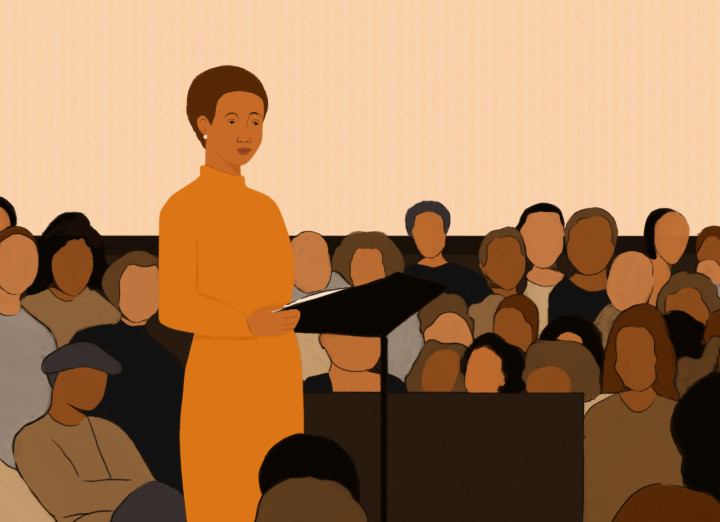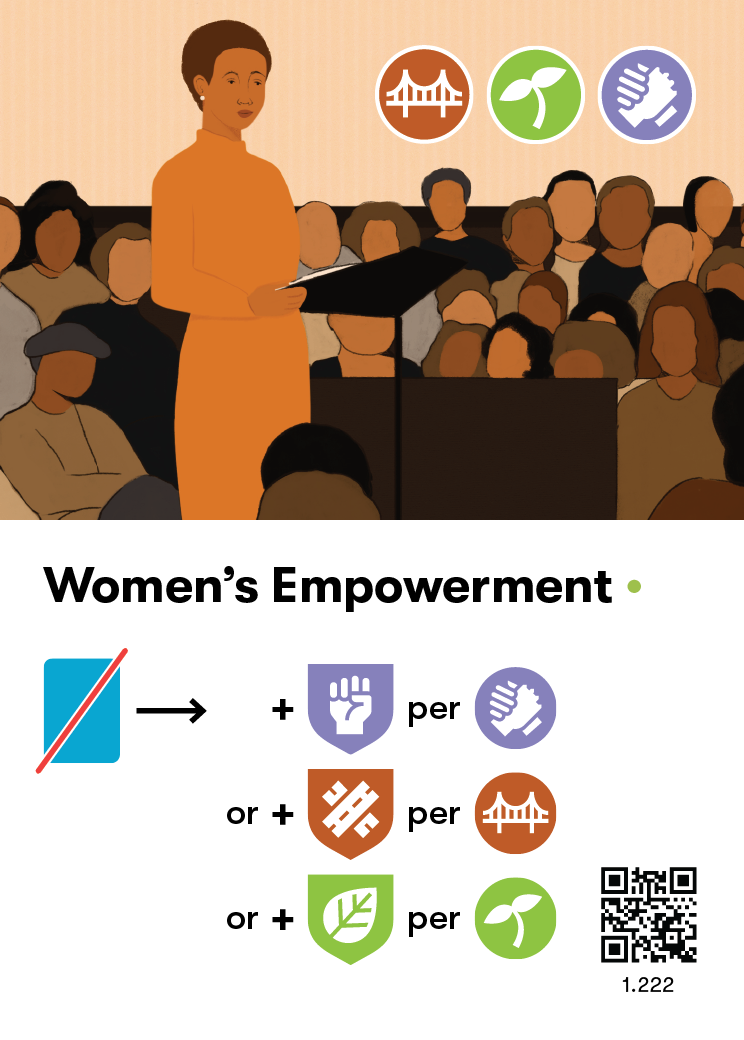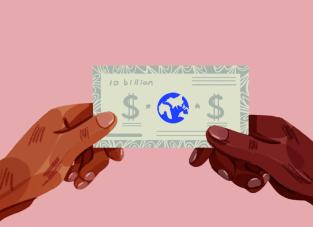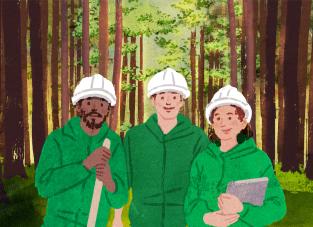Women’s Empowerment
Local Project
The fundamental human rights of women, as well as trans and non-binary people, around the world are at risk from discrimination, injustice, oppression, a lack of reproductive rights and violence. Women's empowerment is critical to achieve these rights, to ensure gender equality, economic development and poverty reduction, and to increase women's representation and participation in social and political spheres.
The violation of women’s rights and subjugation of women happens in all countries, and across all industries and sectors. It reinforces harmful gender norms, stereotypes, and discrimination against women, limiting their opportunities for education, employment, and decision-making. It is often linked to the oppression of LGBTQIA+ communities, who are also persecuted by patriarchal systems.
Women's empowerment might include healthcare, education, legal protections, support to access dignified jobs and more. Schemes should contextualize the different ways in which women across different cultures, regions, and communities might need to be supported. For example, migrant women may face overlapping forms of social exclusion whereby they struggle to access work and healthcare due to visa barriers and lack of translation support. Empowering women in the face of the climate emergency is particularly important since many women face higher levels of vulnerability to its impacts due to existing gender inequalities. For example, in situations where women are prevented from accessing their finances, or gaining work, they lack the agency to migrate when affected by the climate emergency. These women may need additional support in gaining new skills for climate smart employment opportunities. Increased exposure to heat stress, extreme weather events, and air pollution can exacerbate existing health conditions in women and pose risks during pregnancy and childbirth. Not considering women-specific needs in decision-making for climate emergency adaptation plans and strategies can result in further marginalization of women.
Education and skills development, fair and equal economic opportunities, tackling prejudice and hatred, and improving access to health and reproductive rights are some of the ways in which women empowerment can be achieved.
Discard 1 card from your hand to:
add 1 Social Resilience token per Society tag in this card's stack,
or add 1 Ecological Resilience token per Ecology tag in this card's stack,
or add 1 Infrastructure Resilience token per Infrastructure tag in this card's stack.
Add these tokens to your player board.

Endorse the Women's Empowerment Principles (UN Global Compact)
Value and pursue your own education, and share your educational story with others.
Encourage policymakers and community leaders to provide high-quality, free education for all, including those who are most vulnerable to the negative impacts of climate change.
Do what you can (tutor, help with child care, contribute to scholarships, etc.) to support free educational opportunities for others. Promote gender equality in the workplace, such as equal pay for equal work, parental leave, and flexible work arrangements for working mothers.
Contribute or start community-run free childcare and mentorship schemes, or campaign for the government to provide these.



